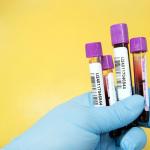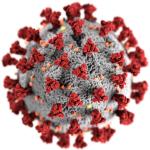As I find myself halfway through the initial three-month treatment course with Ozempic, I am experiencing a significant change.
Disease
One of the significant hurdles in the new FDA therapies for Alzheimer’s Disease (AD) is identifying those patients in the early stages of the disease when alterations in the brain have begun, but early dementia may be problematic to diagnose
For more than a century swimming in the Paris's Seine River has been a big no-no because it's essentially a 500-mile running toilet.
Like tens of thousands of Americans baking in the summer heat, last week President Biden was convalescing at home, waiting for the COVID symptoms to pass.
Is it possible to snack our way to health? It seems so, but fair warning, these are not snacks we eat.
“Sitting is more dangerous than smoking, kills more people than HIV and is more treacherous than parachuting. We are sitting ourselves to death.”
There have been more than 111 million cases of COVID-19 in the United States, which caused about 1.2 million deaths, a calamitous public health episode by any measure.
Anyone who has uttered, “They look younger (or older) than their age,” knows that our age on the calendar may vary quite a bit from our biological age.
Infections, like all biological phenomena, change and evolve. The poorly-defined Post-Acute Sequelae of COVID (PASC), or “Long COVID,” is no exception. A new study reports on the dynamic incidence of Long COVID over time.
One of the critical lethal features of COVID was cytokine storm, a severe imbalance of pro-inflammatory chemical mediators. Similar imbalances are seen in sepsis, and a a more chronic, debilitating version as autoimmune diseases.












